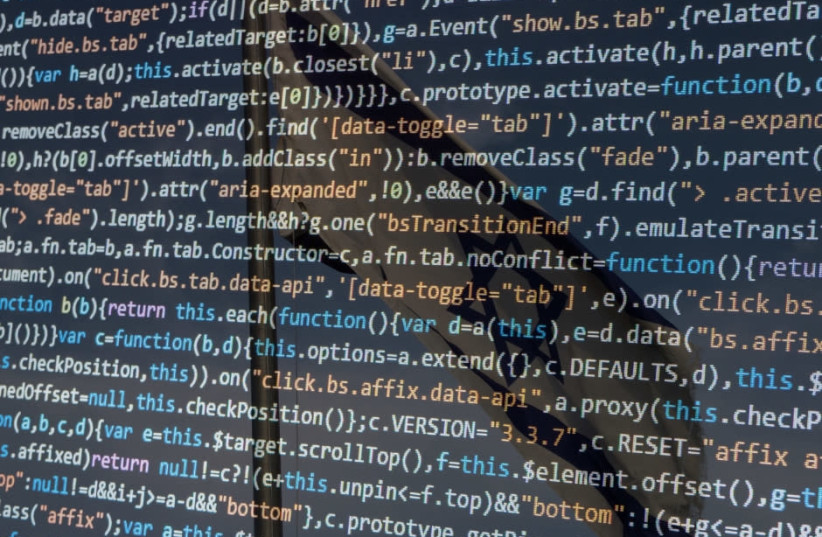Against the backdrop of global economic, geopolitical changes and increasing cyberattacks, Israeli Ambassador to the UN Gilad Erdan, the Israel National Cyber Directorate (INCD) and Team8 hosted a gathering of global cyber-industry leaders at the UN on Tuesday.
“We need to work together to bring all nations above the cyber poverty line,” Team8 co-founder and managing partner Nadav Zafrir told the attendees.
“First, we should acknowledge that digital infrastructure is critical infrastructure,” he said. “We should understand that knowledge sharing is the right thing to do. Then, we should create an environment for world collaboration.”
'Cyber is about working together'
Zafrir, who previously led IDF Intelligence Corps Unit 8200, said: “Cyber is about working together… Our dependence is becoming more acute. There’s diminished public trust. We are at a unique point in the history of technology. It’s hard to get collaboration in a de-globalized world. Global cooperation is key to cyber resilience – not because it’s popular or because it sounds good to talk about it.”
“Cyber is about working together… Our dependence is becoming more acute. There’s diminished public trust. We are at a unique point in the history of technology. It’s hard to get collaboration in a de-globalized world. Global cooperation is key to cyber resilience – not because it’s popular or because it sounds good to talk about it.”
Nadav Zafrir
Saying that cyber experts must go against the grain of de-globalization, he warned: “Otherwise, none of us will be secure. This is where corporations, nation-states, need to lend a hand. We live in an interconnected world where the complexity of the supply chain is not going away.”

Also addressing the event were US Principal Deputy National Cyber Director Kemba Eneas Walden, UN Chief Information Technology Officer and Assistant Secretary-General Bernardo Mariano Joaquim Junior and INCD Executive Director of International Cooperation Aviram Atzaba.
“We need to build an Iron Dome against these threats to ensure the safety of each of us.”
Gilad Erdan
Erdan calls for 'iron dome' against cyber dangers
“We need to build an Iron Dome against these threats to ensure the safety of each of us,” Erdan said, regarding cyber dangers. “Today should be the kickoff event towards an inter-sectoral collaboration and standing together.”
“Terror nations like Iran and terror organizations are using cyber to anonymously attack without paying a price, and we must understand this threat,” he said, adding that the UN was a very appropriate spot to build global cyber cooperation.
Mariano said cybersecurity “requires commitment that goes beyond what we are currently doing. We are lagging behind, and we must do better. The digital transformation is already happening, and no institution is immune to threats. We all need to be aware that the threat landscape has evolved. We need to reinvent and recreate security concepts at an early stage.”
Atzaba said: “Nobody is immune against attacks. We need to provide a trustworthy digital space by providing digital trust. This requires teamwork – working together, government and industry, to develop services and solutions – a cyber dome. Awareness is not enough. We need to move from a paradigm of zero trust to 100 % trust in our technologies.”
Going beyond generic statements about infrastructure being threatened, Atzaba also cited cars, smart cities and environmental dangers as examples where cyberattacks can reach. Almost all countries, including Vanuatu, Albania and the US, were all hacked in 2022.
As part of the event, senior global technology executives discussed cooperation to produce tools that can deal with the threat of cyberattacks on critical civilian infrastructure, including hospitals and government offices.
In addition, a panel with cyber experts from the private sector, including Microsoft, Rockwell Automation and JupiterOne, discussed the promotion of partnerships between the public and private sectors in defensive cyber.
Foreign diplomats from dozens of countries attended the event in person, while hundreds of other attendees tuned in remotely.
